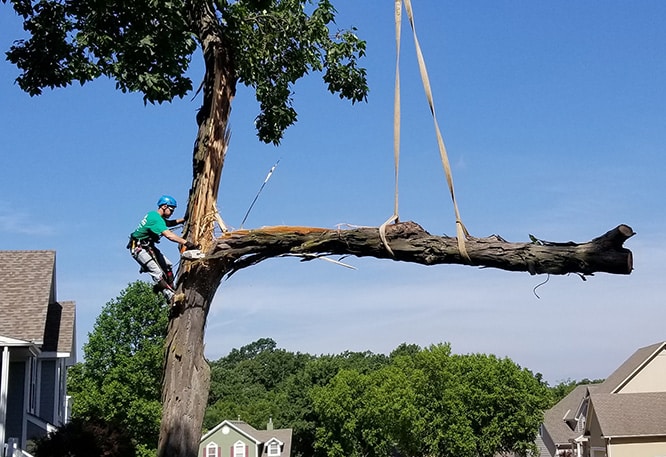In Florida—as in much of the country—arbitration has become a common method of resolving disputes outside the courtroom. Whether you’re a business owner, legal professional, or individual involved in a legal disagreement, it’s worth understanding how arbitration works and when it might be the right option.
What Is Arbitration in Florida?
Florida arbitration is a private dispute resolution process where the parties agree to submit their dispute to a neutral third party (or a panel of arbitrators), who renders a binding or non-binding decision. It is often faster, more flexible, and more private than traditional court litigation.
Unlike mediation, where the goal is to reach a mutually acceptable resolution with the help of a neutral facilitator, Florida arbitration is adjudicative—the arbitrator decides the outcome based on the facts and law, much like a judge or jury. This decision can either be binding, or non-binding, depending on the case.
Why Choose Arbitration in Florida?
Florida has a long history of supporting arbitration as an alternative to litigation. Key benefits include:
- Speed and Efficiency: Arbitration often moves faster than court proceedings, especially given Florida’s busy dockets.
- Confidentiality: Unlike court cases, Florida arbitration is private. This can be especially important in business or high-profile disputes.
- Flexibility: The parties often have more control over scheduling, procedures, and the choice of Florida arbitrator.
- Expertise: Florida arbitrators can be selected for their subject-matter knowledge, which can improve the quality of decision-making in technical cases (e.g., construction, insurance, or healthcare).
- Cost Management: While Florida arbitration isn’t always cheaper, it can reduce costs by limiting discovery and procedural delays.
Legal Framework: Florida Arbitration Code
Arbitration in Florida is governed by the Florida Arbitration Code (Chapter 682, Florida Statutes), which applies to most agreements that include an arbitration clause. Key features include:
- Enforceability: Written agreements to arbitrate are generally enforceable under Florida law.
- Judicial Support: Courts in Florida can compel arbitration or confirm, vacate, or modify arbitration awards in limited circumstances.
- Limited Appeals: Grounds to overturn an arbitration award are narrow—mainly fraud, corruption, misconduct, or arbitrator overreach.
Common Uses of Arbitration in Florida
Florida Arbitration is widely used in:
- Business and commercial contracts
- Construction disputes
- Insurance claims
- Employment agreements
- Healthcare provider agreements
- Condominium and homeowners association disputes
- Consumer finance and credit agreements
Many industries include mandatory arbitration clauses in contracts, requiring parties to resolve any future disputes through arbitration rather than court.
Choosing Arbitration: Questions to Consider
- Does your contract contain an arbitration clause?
- Should arbitration be binding or non-binding?
- Who will select the Florida arbitrator, and under what rules?
- What law governs the arbitration—Florida law, federal law, or something else?
- Will you need confidentiality or a public record?
These questions often need to be answered at the contract drafting stage, but they also arise during disputes when parties are evaluating their resolution options.
The Role of Florida Neutrals
Florida is home to many experienced arbitrators who serve as neutrals in a wide range of disputes. Providers such as Florida Dispute Resolution offer panels and support services tailored to Florida cases.
Conclusion: Is Florida Arbitration Right for You?
Florida arbitration is not a one-size-fits-all solution, but it can be a powerful tool when used thoughtfully. Whether you’re negotiating a contract or exploring alternatives to a pending lawsuit, understanding your arbitration rights and options under Florida law is essential.
For questions about Florida arbitration or help selecting a neutral, consult with experienced dispute resolution professionals such as Florida Dispute Resolution who can help you navigate the process—and decide whether arbitration truly fits your goals.






